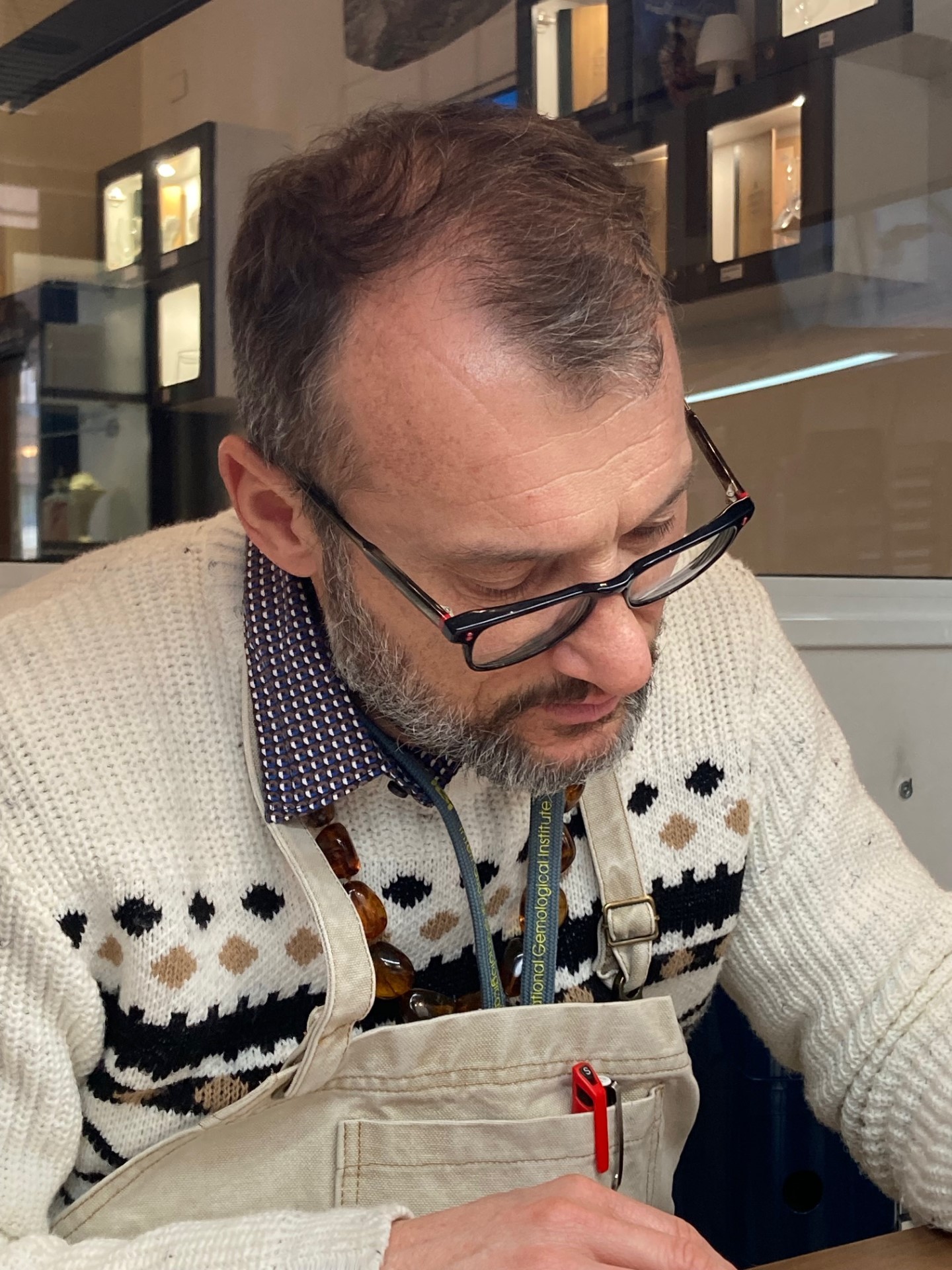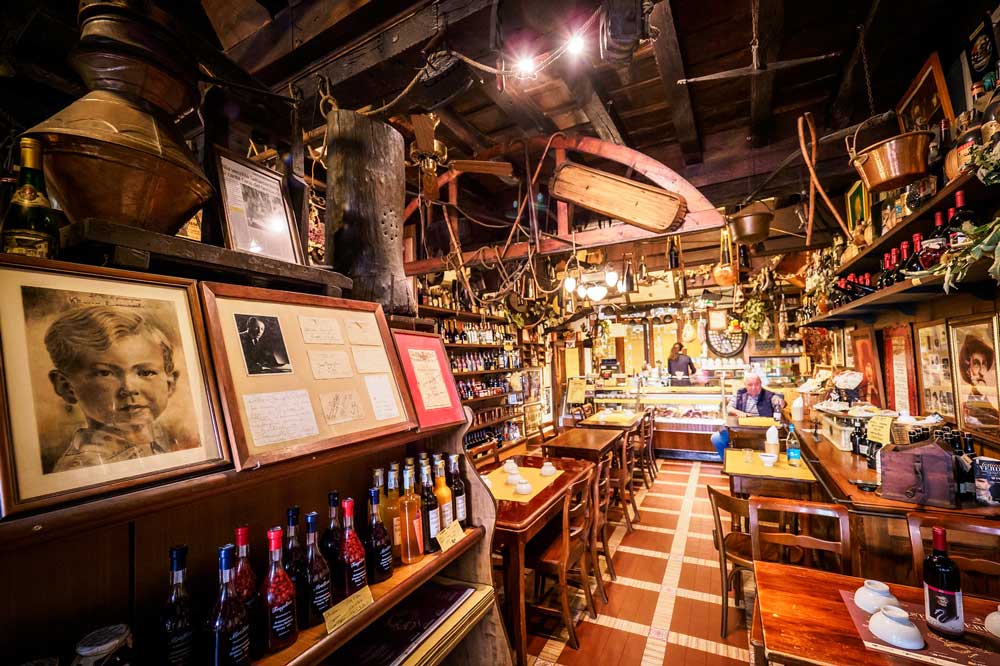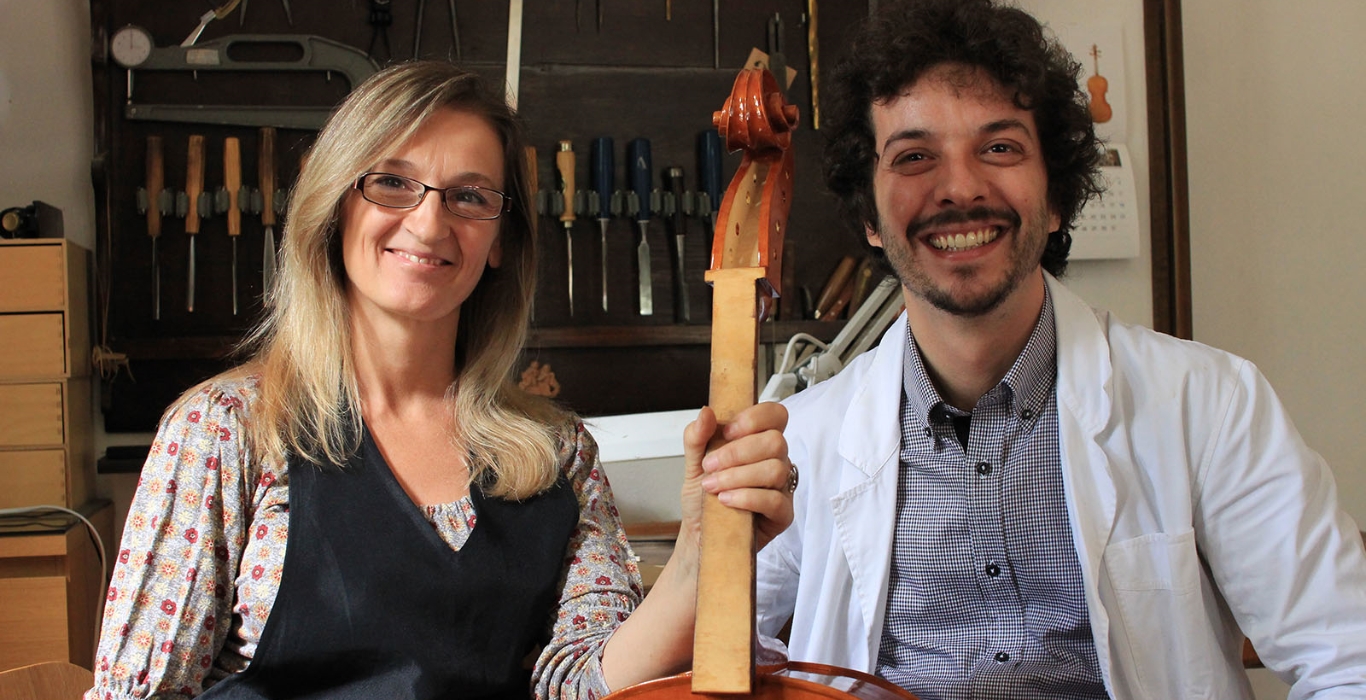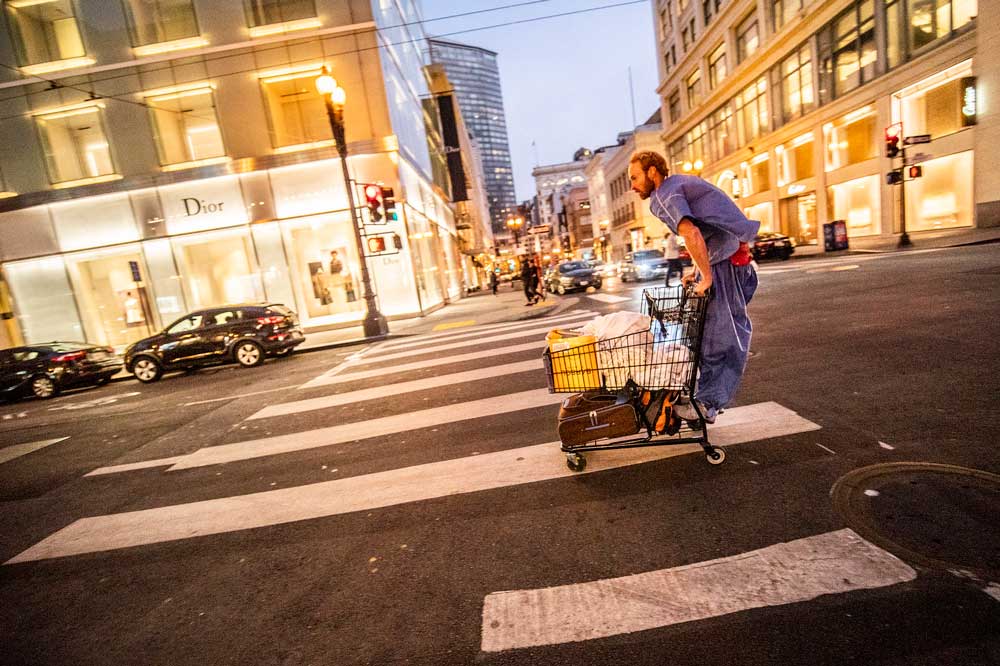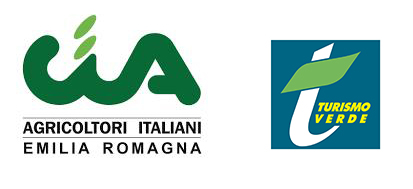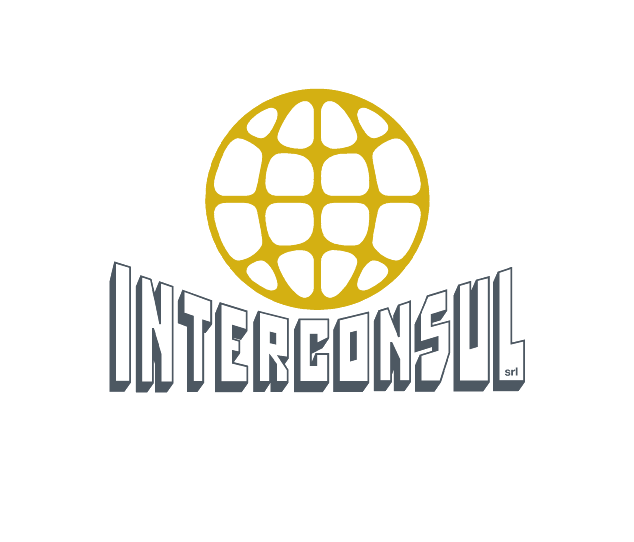Sliding Food: the democracy of food
The new frontier of freedom is transparency in food access
by Nicola De Ieso
“Poor people eat better than the rich one.” Someone might have thought it was a heat-induced delusion during the hottest summer ever, but the unfortunate statement by the Italian minister for food sovereignty was a flash in the darkness. Scratching vigorously at the thick layer of controversies that have settled on the web, pouring down like hail with predictable and indignant diatribes, a truth emerges that we pretend not to see. Food will be the democratic emergency of the future.
Let’s step back and try to understand what the minister meant. In his statement – perhaps a bit simplistic, or deliberately so to stimulate conditioned Pavlovian reflexes – there is some truth. Hold on, we’ll get there.
The minister governs a ministry that has added food sovereignty to agriculture. But what is food sovereignty? Everyone will remember the furious backlash from the right-wing government for using (shockingly!) the word “sovereignty.” As usual, a part of the Italian intelligentsia reacted like football hooligans, falling into trivial communicative traps. Without distinguishing the meaning of a word from its derogatory version, the violent maelstrom of comments decided that sovereignty and sovereigntism are synonymous. Period. The same perverse spiral had already done the same masterpiece with “populism,” despising the word “people.” However, the second paragraph of Article One of the Italian Constitution reminds us that “sovereignty belongs to the people,” in other words, the etymological translation of democracy.
At this point, you may wonder what food has to do with it. For at least two million years, it has always had something to do with it. Can a people be truly sovereign and free if they cannot choose what to eat?
The first to speak of food sovereignty were the “no-global” farmers of an international movement born in the mid-1990s. Confusing food sovereignty with autarky is sheer nonsense.
From the Americas, Asia, Europe, and Africa, millions of tons of food products are sent out every day: cereals, fruits, meat, fish, milk, cheese, fats, sugar, and much more. Just as Italy will always be a major exporter of agri-food excellence, the rest of the world will continue to produce and export agricultural commodities.
The new frontier of freedom is transparency in food access. A sovereign people have the right to know what they eat. Just as they have the right to produce without the unfair competition of those who steal the identity of a protected brand or import semi-finished products, passing them off as territorial excellence. In other words, it means valuing food in a free and transparent market, where human beings are not gorging machines like the slaves in “The Matrix.”
Access to good and healthy food for everyone should be a universal right, but it is not. When the minister says that the poor people eat better, he refers to that part of humanity, and of Italians, who live in rural areas where self-consumption, heroic agriculture, and barter still stand strong. In small villages clinging to mountain areas, the few remaining residents are not rich, but they eat well. There’s no doubt. But it’s a completely marginal phenomenon compared to the mass of people who buy food based on their wallets. If weight is the comparison, it’s not true that you save money by buying healthy food.
The reality is that the poor eat junk, and the rich eat organic food. The poor of the 21st century are also those who tighten their belts until the end of the month. And they are the majority. They shop in supermarkets, filling their carts with products they know nothing about. Often, cheap, low-quality food is the only solution for survival. Try stopping at the shelves of oils and see who buys extra virgin. I’ve seen things you humans… elderly ladies buy €3 per liter oil, made from blends of poor-quality oils of dubious origin, deceived by labels with a lovely green meadow; young men choose “refined” oils for pennies, thinking that the adjective suggests sophistication rather than chemical refining of otherwise inedible oils due to excessive acidity. A gesture of liberation could be to dissuade these people from self-harm, explaining to them that a quality oil has such intense scents and flavors that you only need a little; and that a low-quality oil is a liquid and tasteless fat that you have to pour in abundance to taste anything. Quality oil preserves the health of the body, low-quality oil does not.
This food consumption mechanism generates two types of offerings. On one side, there is food for the masses, and on the other side, there is quality food for those who can afford it or have the expertise to choose it.
If the production and distribution model remains the same, the only discriminator for inclusion is money. But it’s not necessarily the only possible model. Quality food can be accessible to all if “the people” gain their sovereignty through knowledge and the culture of nutrition that nurtures the body and soul. A people aware of what they eat can demand authenticity. Not surprisingly, healthy eating and health are referenced in the Universal Declaration of Human Rights. Food is quality of life, psychophysical well-being, widespread economy, environmental protection, community, history, and the future.
However, the line between good and evil can become blurred, even for those acting in good faith. Let’s take the example of the ongoing debate on synthetic food. Those who defend the idea that technology is the only way to feed eight billion people may not want to see another truth. This model of artificial food production sadly resembles a factory for human beings. It’s a very dangerous path that will separate the masses from the elite with revolving doors. A small revolving door will be reserved for the new purchasing power aristocracy. And another, huge door will be the only access for second-class humanity, forced to nourish themselves in factories that 3D-print meat and milk, turning food into a biochemical fuel. It’s not a dystopian novel, but that’s what happens when we remove the connection between food and the land and identity.
We are facing an epochal change. There will be a before and an after, like geological eras. If the food paradigm doesn’t change, if the culture of quality doesn’t spread, if biodiversity isn’t defended, the stakes become extremely high.

Nicola De Ieso
you may be also interested in
- 23/03/2024|
by Redazione
- 20/03/2024|
by Luca Farinotti

